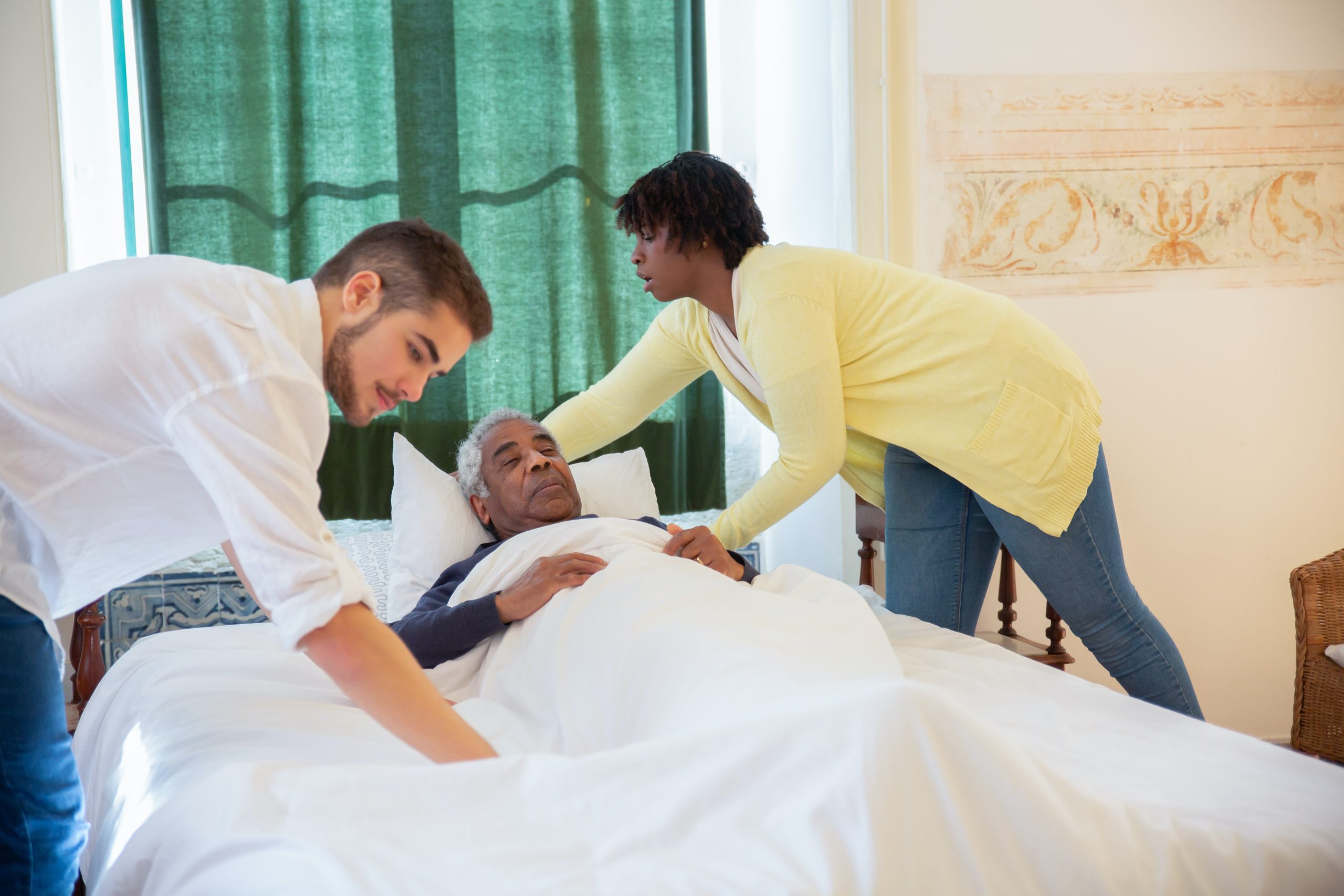Delirium in Senior Living
Dad has been out of control, his dementia is getting really worse can you do something? We are afraid we might have to move him? I heard this quite often, as a Geriatric physician. Most often the first instinct on the family’s side would be, do they need meds to stop this or can you give them something to stop this behavior and so on. The pressures of the elderly staying in senior living can then become a safety issue not only to the family, to the caregivers but to the elderly themselves.
Delirium can come unannounced, can be mistaken for dementia or depression, and many times remain untreated. It can cause further decline in health and death in the elderly. There are special task forces and opinions on this worldwide now and we are here to explore this to help the elderly with delirium in Senior living.
Here are some key takeaways everyone must know about delirium in no special order :
- Delirium is unrecognized, untreated, and does cause unnecessary medication intervention, and hospitalizations and is preventable.
- The causes include drugs, incontinence, infections, underlying chronic medical conditions, intake of controlled substances including alcohol, hospitalizations, and so on.
- It can happen any time and in any place so it is possible to go into delirium at home or in senior living etc
- Education, diagnosis, and time are critical in complete recovery to baseline.
- A thorough history of the events and an up-to-date medication list including all OTC and substance use, including recreational marijuana or alcohol is essential.
- It can be triggered by new medications and a drug-drug interaction is a common cause, hence making sure all physicians and health care professionals understand and know all the medicines taken by the elderly.
- Personal hygiene is critical and so is infection control. Hence up to date vaccinations, cleanliness, and changing diapers on time, is necessary.
- Nutrition is key and frailty can worsen delirium, in direct or indirect ways.
- Seeking help on time is critical and keeping a log of behavioral changes is important as many times it is mistaken for dementia-related psychosis or depression.
- Delirium does affect cognition and even if treated, it might still affect cognitively impaired elderly.
- The treatment is to treat the underlying causes and not to medicate to control symptoms and signs.
As much as we know about delirium, we also still need to know more for delirium can look different in different elderly. It is absolutely essential to be aware of this condition and terminology affecting an elderly’s consciousness and one can be disastrous. We hope this blog gave you some insights, it is best to contact a health professional when in doubt. Thank you for reading and following our blogs and we look forward to hearing your thoughts. Wishing strength to all until next time.
